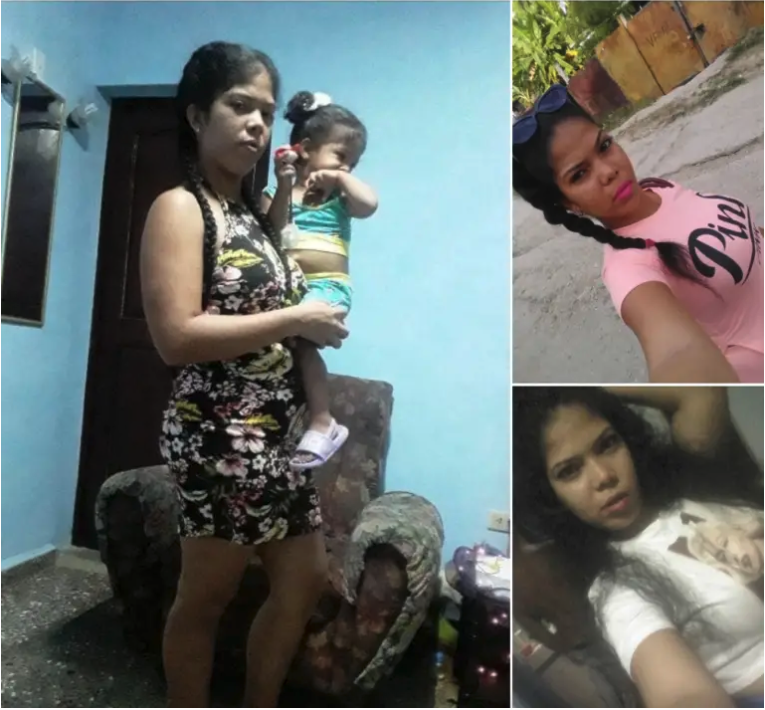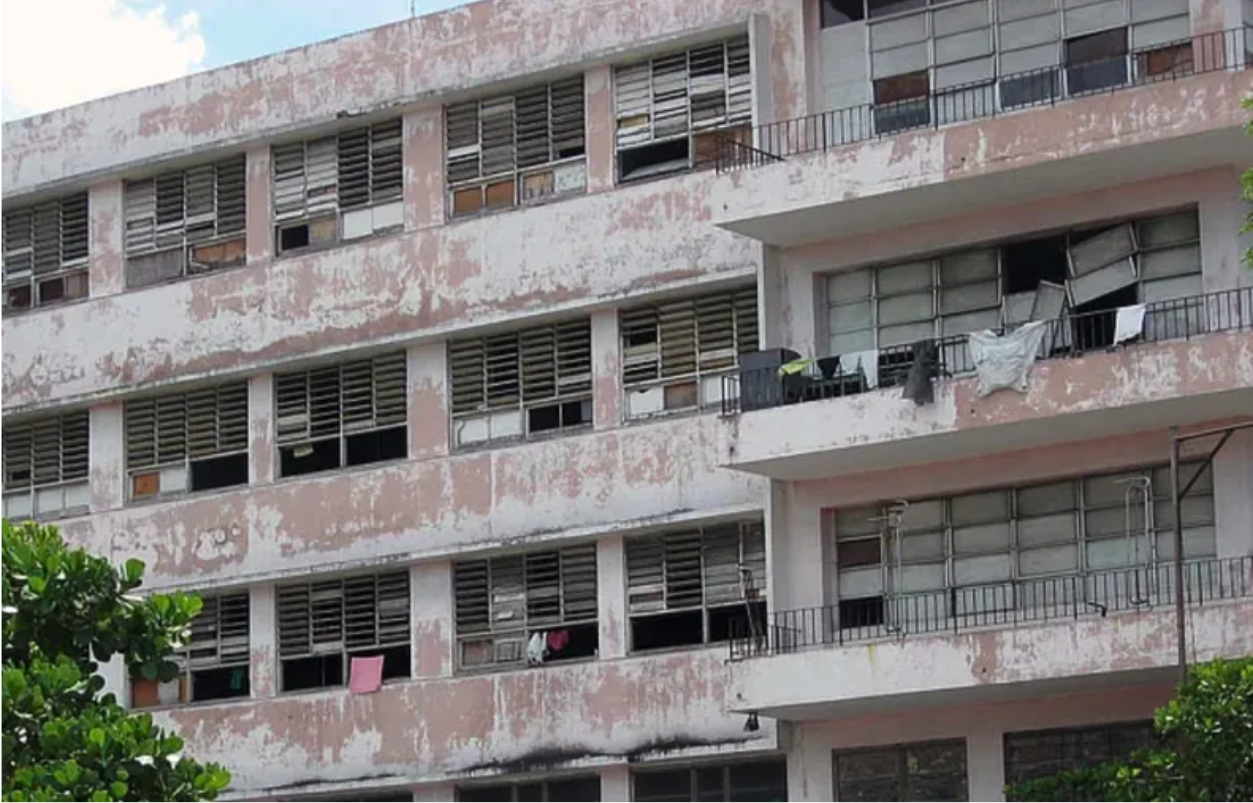On a humid afternoon in Havana, 24-year-old Giselle Villafranca Llerena walked toward a window on the eighth floor of Dr. Miguel Enríquez Psychiatric Hospital — better known as La Benéfica in the Diez de Octubre municipality — and jumped.
She did not survive.
She was a mother, a daughter, and a young woman diagnosed with schizophrenia, untreated and left adrift in a country that boasts universal healthcare but often delivers abandonment wrapped in ideology. Her death was not a sudden tragedy. It was the slow, invisible descent of someone failed by a system that was supposed to help her — a system that watched her drown in silence.

According to sources close to the family, Giselle had battled schizophrenia for years. Like thousands of Cubans with mental illness, her life was a struggle for stability in a nation where psychiatric medication is scarce, hospitals are overcrowded, and mental health is a taboo that most institutions prefer to ignore rather than confront.
She had recently been admitted to La Benéfica, one of the capital’s largest psychiatric institutions. But inside its deteriorating walls, there were no guarantees of healing — only containment. Giselle's condition reportedly worsened without access to her necessary medication, and in her final days, she became increasingly fatigued, disoriented, and hopeless.
There were no security rails to stop her.
No staff nearby to intervene.
No system in place to protect her from herself.
She jumped because no one caught her — neither physically, emotionally, nor medically.
In the hours and days following her death, no official statement was issued by the Cuban government. No public investigation was launched. No acknowledgment was made by state media. Like so many failures in Cuba’s healthcare system, Giselle’s story was meant to vanish — buried beneath bureaucratic indifference and the regime’s obsession with controlling its public image.
But those who knew her, and those who still fight for the dignity of the mentally ill in Cuba, refuse to let her name disappear.
This is not just the story of a suicide — it is the story of a system that pushes people to the edge, then dares them to leap.

Cuba’s healthcare system has long been promoted as a “revolutionary success.” Yet behind the propaganda lies a grim reality: mental health patients are among the most neglected and stigmatized. Access to psychiatric medications is sporadic at best. Facilities like La Benéfica are under-resourced, outdated, and overwhelmed. Mental health professionals — many of whom have fled the country — are overworked and unsupported.
In Giselle’s case, schizophrenia was not her only illness — abandonment was, too.
Doctors, nurses, and families across Cuba know the truth: this system is broken. But in a country where speaking the truth is often dangerous, silence has become a coping mechanism.
A Death That Demands Accountability
Giselle's death should be a national scandal. It should provoke mourning, outrage, and reform. But in Cuba, where the government admits no wrongdoing, her story risks becoming another quiet tragedy swept into the archives of forgotten lives.
We cannot let that happen.
Giselle Villafranca Llerena had a name, a voice, and a future. She deserved treatment, safety, dignity, and hope. What she got was institutional neglect, untreated illness, and — in the end — a fall from the eighth floor.
If there is justice left in Cuba, it must begin by acknowledging this failure. And if there is a future worth building, it begins by vowing: never again.

